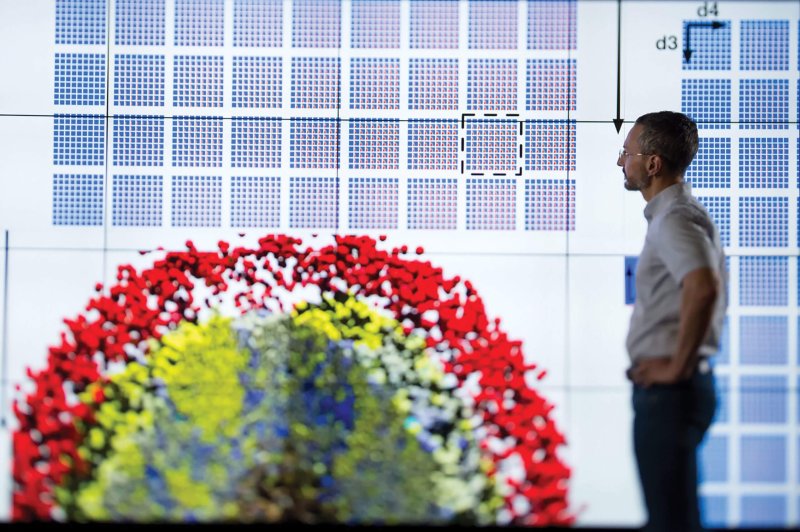AI is currently being used by many companies to identify and screen existing drugs that could be repurposed to treat COVID-19, aid clinical trials, sift through trial data, and scour through patient electronic medical records (EMRs). The power of AI in COVID-19 is that it is being used to generate actionable information—some of which would be impossible without AI—much more quickly than before.
…
The rapid adoption of AI will provide evidence for what works—and what doesn’t—for health applications. “It’s ‘trial by fire’ because you’re deploying AI for a new disease in new environments—healthcare systems that may not have been previous users of AI—at a pace that tests not only the accuracy of the AI software, but also its ability to handle rapidly increasing volumes of medical data,” says [Qure.ai’s Pooja] Rao. “If it passes this test, AI could well be here to stay.”
But Stanford’s [Russ] Altman cautions that while AI is a contributor to advances in treating COVID-19, it’s not the star of the show, merely a piece of the technology puzzle. “When we get through this, we will look back and see AI did act as a team member with the other technologies,” [Altman said.]































